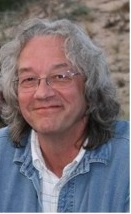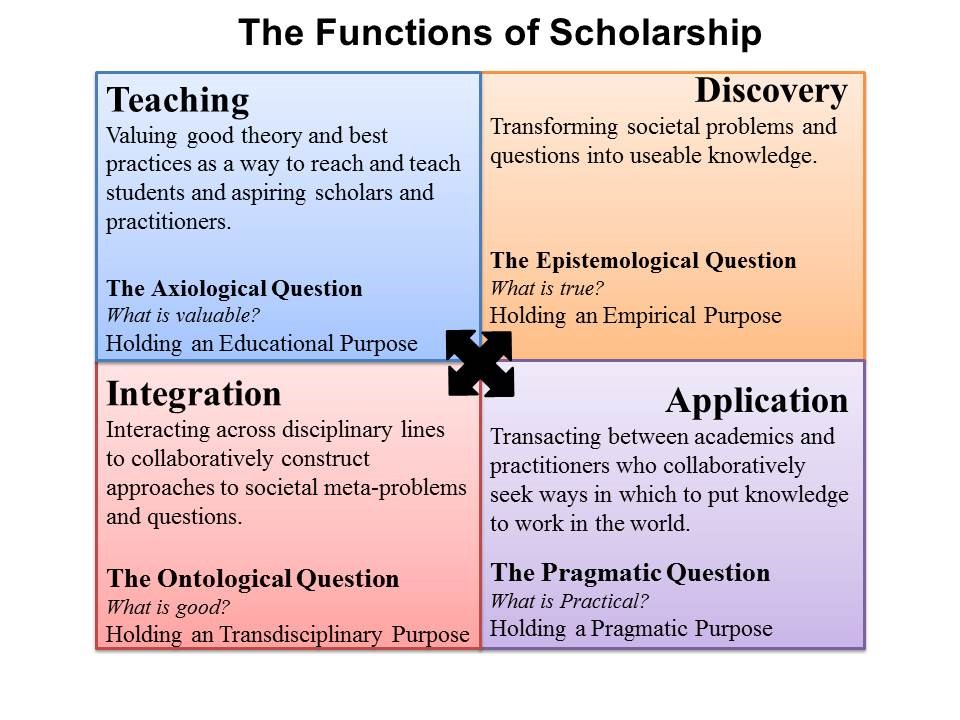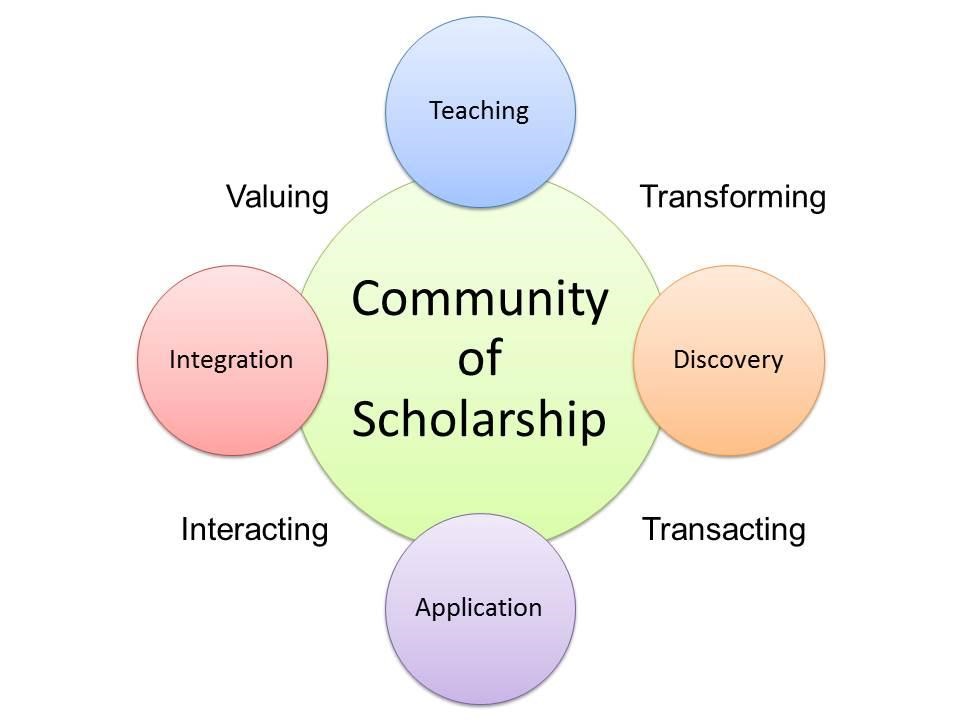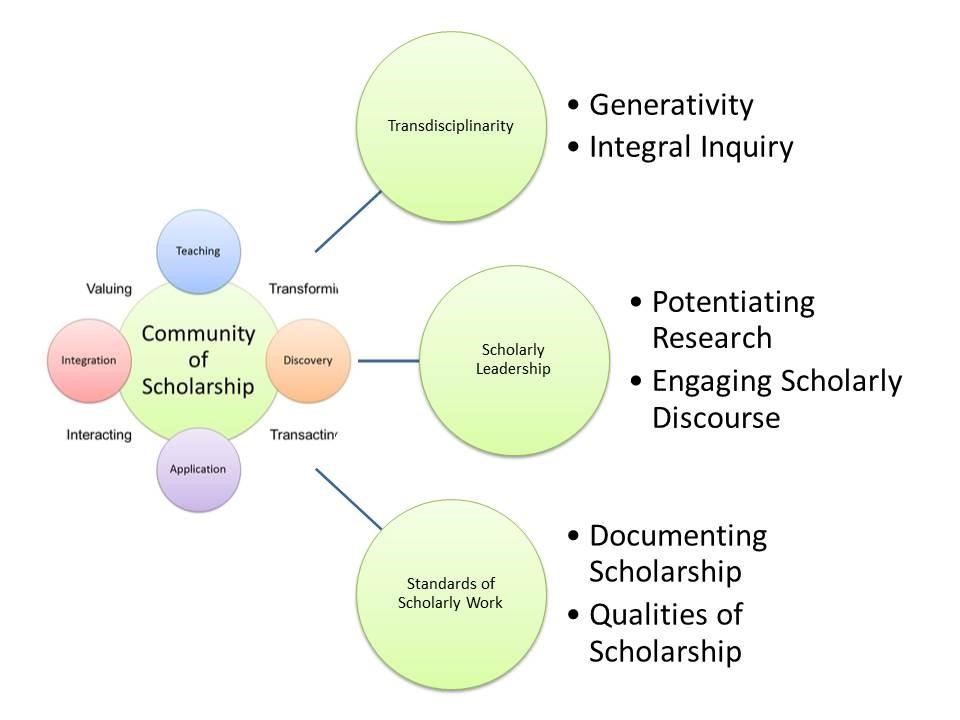Mark McCaslin
“Faculty are losing out, too. Research and publications have become the primary means by which most professors achieve academic status, and yet many academics are, in fact, drawn to the profession precisely because of their love for teaching or service—even for making the world a better place.” (Boyer, 1990, p. xii) Twenty-five years have passed since The Carnegie Foundation for the Advancement of Teaching issued Ernest Boyer’s Scholarship Reconsidered. Having been a professor and scholar during that same time period I can report that while we, the professorate, have and continue to consider this seminal report. The various dimensions of scholarship stemming from Boyer’s report remain, for the most part, unbalanced, passive, and disconnected. The divisions of scholarship — Discovery, Integration, Application, and Teaching — have been discussed and weighed all the while remaining divided. Most would agree that the value of the scholarship of Discovery still weighs heaviest in terms of what counts in academia in terms of professional advancement and what matters in terms of the advancement of scholarship — ideas, innovations, and theories (Vannini, 2006, & Gravani, 2007).
This creates a system of scholarship where the other divisions or elements become passive and under recognized. In terms of dissemination; the sharing of knowledge across disciplines, the sharing of best practices, or the sharing of conversations about teaching and learning, remain localized and unconnected within discreet communities of practice. This call for papers seeks to encourage a revitalization concerning the value of a balanced approach to scholarship and professional advancement to be called scholarly leadership. Terms like transdiciplinarity (Nicolescu, 2002; & McGregor & Volckmann, 2011, generativity (Erikson 1950/1963; & Volckmann, 2014), and communities of scholarship (McCaslin & Flora, 2013) will be considered a natural part of the discussion.
Background
The intent is to reinvigorate the conversation concerning the divisions of scholarship towards producing a balanced, active, and generative system that seeks to discover, integrate, apply, and teach from an interconnected transdisciplinary perspective. A system that seeks to put knowledge and wisdom to work in the world.
The Philosophical Foundation
The philosophical foundation supporting this discussion is integral in its construction. An integral approach to the various elements of scholarship is made necessary because it holds the function of drawing it to completion or it draws our attention towards seeing the individual elements as an interconnected whole. Integral thinking draws together the elements of scholarship into an interrelated system of ideas that are mutually enriching (Volckmann, 2014). Integral thinking can be seen as synergistic as it seeks a synthesis of these elements (Esbjőrn-Hargens, 2010). Figure 1 is a representation of this integral thinking. The realms of scholarship in this model form an interrelated dynamic with each contributing and acting on the other. As such, valuing, interacting, transacting, and transforming enliven and inform the whole. The dynamic is not linear but networked. In the end the lines separating individual realms dissipate forming a community of scholarship as shown in Figure 2.
Means for Discussion/Interaction
Call for focused research and reporting on the nature of scholarly leadership (Figure 3). How would such knowledge purpose itself at the intersection of the Carnegie Foundations, Priorities of the Professorate (Boyer’s Model) and the nature of integral leadership? Additional questions might include: What are the things you value most about your professional life?; How can we actively redefine scholarship as being both inclusive and integral?
Foreseeable Implications of Discussion
Within a community of scholarship the elements of scholarship; Discovery, Integration, Application, and Teaching, are not seen as discreet subsets but as interdependent and interrelated aspects of advancing knowledge and wisdom. It would be appropriate to ask, given this declaration; to what purpose? Globally it could be said for the advancement of the human condition. Research and scholarship within such a meta-purpose would hold a social responsibility therefore becoming a social activity (Booth, Colomb, & Williams, 2008). The community of scholarship, like leadership itself, is dynamic and it is through that dynamism that real discovery, real change, reflective of our mutual purposes, will be revealed to the world (Rost, 1993).
Recommended next steps/Actions
Call for focused research and reporting on the nature of scholarly leadership.
References
Booth, W., Colomb, G., & Williams, J. (2008). The craft of research (3rd ed.). Chicago: The University of Chicago Press.
Boyer, E. L. (1990). Scholarship reconsidered: Priorities of the professoriate. The Carnegie Foundation for the Advancement of Teaching.
Erikson, E. (1950/1963). Childhood and society. New York: W. W. Norton.
Esbjorn-Hargens, S. (2010). Introduction. In Integral theory in action: Applied, theoretical, and constructive perspectives on the AQAL model, Ed. Esbjörn-Hargens, S., 1-22. Albany, NY: State University of New York Press.
Gravani, M. N. (2007). Academics and practitioners: Partners in generating knowledge or citizens of two different worlds. Teaching and Teacher Education, 24, 649-659.
McCaslin, M.L. & Flora, J. (2013). Living, learning, and leading within the integral space: Energizing integral leadership through experiential learning. Integral Leadership Review, March.
McGregor, S. L.T. and R. Volckmann. (2011). Transversity: Transdisciplinary approaches in higher education. Tucson, AZ: Integral Publishers.
Nicolescu, B. (2002). Manifesto of transdisciplinarity. Albany, NY: SUNY Press.
Rost, J. C. (1993). Leadership for the twenty-first century. Westport, CT: Praeger Publishers.
Vannini, P. (2006). Dead poets’ society: Teaching, publish-or-perish, and professors’ experiences of authenticity. Symbolic Interaction, 29, 235-257.
Volckmanm, R. (2014). Generativity, transdisciplinarity, and integral leadership. World Futures. (In press).
About the Author
Mark McCaslin, PhD, is a career educator with a rich history of teaching, educational programming, and administration. His personal and professional interests flow around the development of philosophies, principles, and practices dedicated to the full actualization of human potential. The focus of his research has centered upon organizational leadership and educational approaches that foster a more holistic approach towards the actualization of that potential. At the apex of his current teaching, writing, and research is the emergence of potentiating leadership and the potentiating arts.




